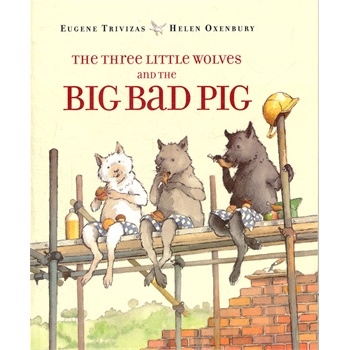Edible Pets: The Nutritional Wonders Hidden in Your Fridge
Guide or Summary:Quokkas: The Gourmet Delight from Western AustraliaGuinea Pigs: The Versatile Meat from South AmericaChinchillas: The Luxurious Fur and Fla……
Guide or Summary:
- Quokkas: The Gourmet Delight from Western Australia
- Guinea Pigs: The Versatile Meat from South America
- Chinchillas: The Luxurious Fur and Flavor of the Andes
- Edible Pets: The Ethical Farming Revolution
- Health Benefits of Consuming Edible Pets
In an era where pet care has evolved from mere companionship to a lifestyle choice, the concept of edible pets has emerged as a fascinating intersection between gourmet cuisine and animal welfare. While the idea of consuming pets might initially sound outlandish, the reality is that certain animals, carefully raised and processed, can offer a unique blend of taste, nutrition, and ethical consumption.
Quokkas: The Gourmet Delight from Western Australia
Quokkas, also known as wallabies, are native to Western Australia and have become a beloved symbol of the region. However, their culinary potential has been recently discovered by adventurous chefs and food enthusiasts. Quokkas are raised under strict conditions to ensure their welfare, and once processed, they offer a lean, tender meat with a distinct flavor profile that can elevate any dish.

Guinea Pigs: The Versatile Meat from South America
Guinea pigs, often considered exotic pets, are surprisingly well-suited for culinary purposes. Hailing from South America, these small mammals have a mild, sweet flavor and are highly versatile. They can be prepared in a variety of ways, from stews and curries to grilled and roasted dishes. Guinea pigs are also an excellent source of protein, vitamins, and minerals, making them a nutritious addition to any diet.
Chinchillas: The Luxurious Fur and Flavor of the Andes
Chinchillas, native to the Andes, are known for their luxurious fur, but they also offer a surprisingly rich flavor when prepared correctly. While their fur is often associated with high-end fashion, the meat of these small mammals is a delicacy in some South American cuisines. Chinchillas are raised specifically for their meat, and their lean, tender flesh can be enjoyed in a range of dishes, from soups and stews to marinated and grilled preparations.

Edible Pets: The Ethical Farming Revolution
The concept of edible pets is not merely about exploring new culinary frontiers; it's also about fostering ethical farming practices. By choosing to consume pets that are raised specifically for their meat, we can ensure that these animals are treated with care and respect throughout their lives. This approach not only addresses concerns about animal welfare but also supports sustainable farming practices that minimize environmental impact.
Health Benefits of Consuming Edible Pets
In addition to their unique flavor profiles, edible pets offer a range of health benefits. Many of these animals are lean sources of protein, vitamins, and minerals, making them an excellent addition to a balanced diet. They are also often raised without the use of antibiotics or hormones, ensuring that the meat is free from harmful additives.

The idea of consuming pets may still be a contentious topic for many, but the concept of edible pets offers a fascinating blend of culinary innovation and ethical consumption. By choosing to support the farming and consumption of animals raised specifically for their meat, we can enjoy the unique flavors and nutritional benefits they provide while also contributing to responsible farming practices. Whether it's the tender meat of a quokka, the versatile flavor of a guinea pig, or the luxurious fur and flavor of a chinchilla, edible pets offer a gourmet twist on traditional pet care. As our culinary horizons continue to expand, it's exciting to consider the potential of edible pets and the positive impact they can have on both our diets and the world around us.